No products in the cart.
Black walnut pieces have a bolder, more intense nutty flavor than traditional English walnuts. They also contain more protein per ounce than any other tree nut. Native to the U.S., these unique black walnuts arrive shelled and in chunky pieces so they’re ready for baking. Rich in flavor and nutrition, black walnuts are also an ideal snack.
Black Walnuts vs. English Walnuts
Most notably, black walnuts are recognized for having a bolder, earthier flavor than standard English walnuts. Cultivated only in the U.S. and grown in the wild, black walnuts are also very rare and harder to find than their English counterpart. They have thicker shells that are more tough to crack and can stain hands (these black walnuts already have the shells removed). Black walnuts contain more protein per ounce than any other tree nut, making them a more nutritionally dense snack option.
Black Walnut Recipe Ideas
Black walnuts are popular in baked goods, thanks to the rich nutty flavor they impart to recipes. Try them in these oatmeal cookies or add them to sweet confections such as fudge. Black walnuts also make a nice crunchy addition to savory dishes such as quiche, poultry, fish, and more. They can be enjoyed as a crunchy topping for salads or yogurt to boot!
Black Walnut Nutrition
A one-ounce serving (about 1/4 cup) of black walnuts provides:
- 7 grams of protein (more per ounce than any other tree nut)
- 2 grams of fiber
- 4 grams of heart-healthy monounsaturated fat
- 562 milligrams of omega-3 fatty acids
- 148 milligrams of potassium
- 145 milligrams of phosphorus
- More Vitamin B5 and B6 than other common tree nuts
Additionally, black walnuts are very low in saturated fat, yet very high in polyunsaturated and monounsaturated fats, which are the good fats that can lower bad cholesterol while maintaining good cholesterol.
Black Walnut Benefits
1) Lower Cholesterol Levels: Walnuts are one of the richest food sources of alpha-linolenic acid (ALA), an essential omega-3 fatty acid, which may help lower cholesterol levels. Researchers have compared the effects of walnut and fatty fish consumption on the risk of developing coronary heart disease. They found that although both food sources are rich in Omega-3 fatty acids, walnut consumption was more effective at lowering LDL “bad” cholesterol in healthy patients than fatty fish consumption. These findings were published in a 2009 study in the American Journal of Clinical Nutrition.
2) Powerful Antioxidants: Walnuts are loaded with protective polyphenols! Compared to nine different types of raw and roasted nuts, walnuts contained the highest total polyphenol content, as demonstrated in a 2012 study published in the journal Food & Function. Polyphenols have antioxidant properties that have been associated with the prevention of degenerative diseases, particularly cardiovascular diseases and cancers.
3) Stress Relief: Eating a handful of black walnuts may help ease your mind. A 2010 study published in the Journal of the American College of Nutrition examined the effect of walnut and walnut oil consumption on adults with elevated LDL cholesterol levels. They found that eating walnuts helped the adults reduce their blood pressure both at rest and during times of stress.
Hand-Harvested, Shelled Black Walnuts
Getting these nuts to customers is truly a labor of love, as nearly every step in the cultivation, harvesting, hulling and final preparation of shelled black walnuts is still done by hand. The nuts fall naturally from the black walnut trees in late autumn, where they must be harvested directly from the forest floor. The green, messy hulls are then removed, the nuts are dried, the extra-tough nut shells are cracked and, finally, these delicacies can be plucked out.
When we buy black walnuts, we love to think about all the hands-on effort that it took to bring them to us. We hope you do, too!
We also carry in-shell black walnuts.
Ingredients
Black Walnuts. **(MAY CONTAIN OCCASIONAL SHELL FRAGMENT/FRAGMENTS)** Packaged in the same facility as peanuts, tree nuts, soy, sesame, and milk products.
Nutrition Facts
Serving size 28g (~1 oz.)
| Amount per serving | ||
|---|---|---|
| Calories | 173 | |
| % Daily Value | ||
| Total Fat 17g | 22% | |
| Saturated Fat 1g | 6% | |
| Trans Fat 0g | ||
| Cholesterol 0mg | 0% | |
| Sodium 1mg | 0% | |
| Total Carbohydrate 3g | 1% | |
| Dietary Fiber 2g | 7% | |
| Total Sugars 0g | ||
| Includes 0g Added Sugars | 0% | |
| Protein 7g | ||
| Vitamin D | 0% | |
| Calcium 17mg | 1% | |
| Iron 1mg | 4% | |
| Potassium 146mg | 3% | |
The % Daily Value (DV) tells you how much a nutrient in a serving of food contributes to a daily diet. 2,000 calories a day is used for general nutrition advice
Be the first to review “Black Walnuts” Cancel reply
Related products
$14.49 – $262.28Price range: $14.49 through $262.28
$11.49 – $210.75Price range: $11.49 through $210.75
$26.49 – $613.20Price range: $26.49 through $613.20
$18.49 – $823.23Price range: $18.49 through $823.23
Mixed Nuts
$11.49 – $248.25Price range: $11.49 through $248.25
Cashews
$13.49 – $273.25Price range: $13.49 through $273.25
Hazelnuts (Filberts)
$11.49 – $235.75Price range: $11.49 through $235.75
$14.49 – $358.20Price range: $14.49 through $358.20

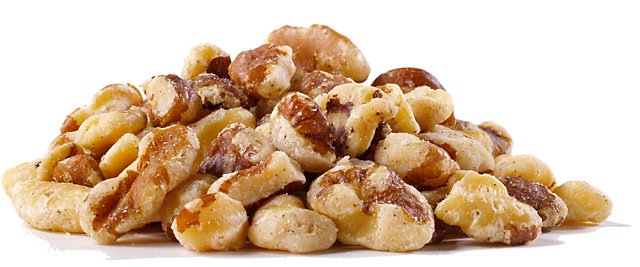
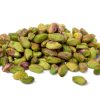
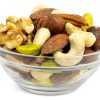
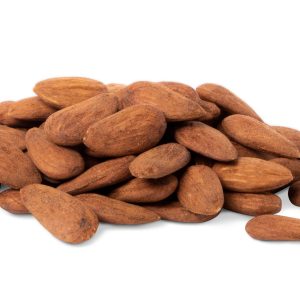


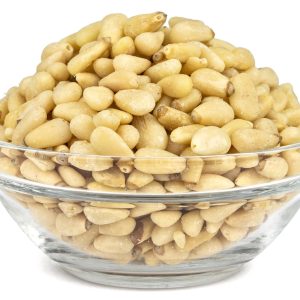
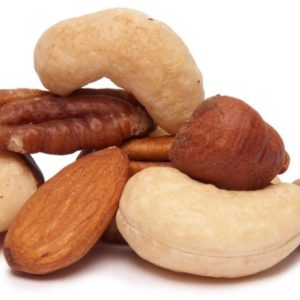


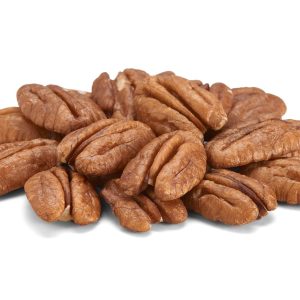
Reviews
There are no reviews yet.